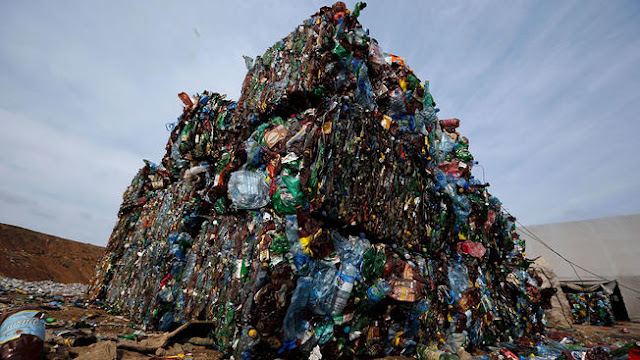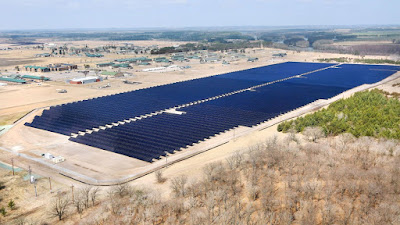Coffee Leads to Longer Life

That shot of expresso you have every morning? It might just be making you live longer and reducing your risk of getting cancer, diabetes, liver disease, Parkinson’s disease, and Type 2 diabetes. According to the research as reported in Science Daily: “Drinking coffee was associated with lower risk of death due to heart disease, cancer, stroke, diabetes, and kidney disease. People who consumed a cup of coffee a day were 12 percent less likely to die compared to those who didn’t drink coffee.” And, it did not seem to matter whether you drank caffeinated or decaffeinated coffee which suggests that the effect is not related to caffeine. Even better news… when you drink 2-3 cups a day, the association becomes stronger– an 18 precent reduced chance of death as opposed to 12 percent. Researchers do not know what it is in coffee that creates this association to a long life, however, according to Veronica W. Setiawan, lead author of the study and an associate professor of preventive medicine...


